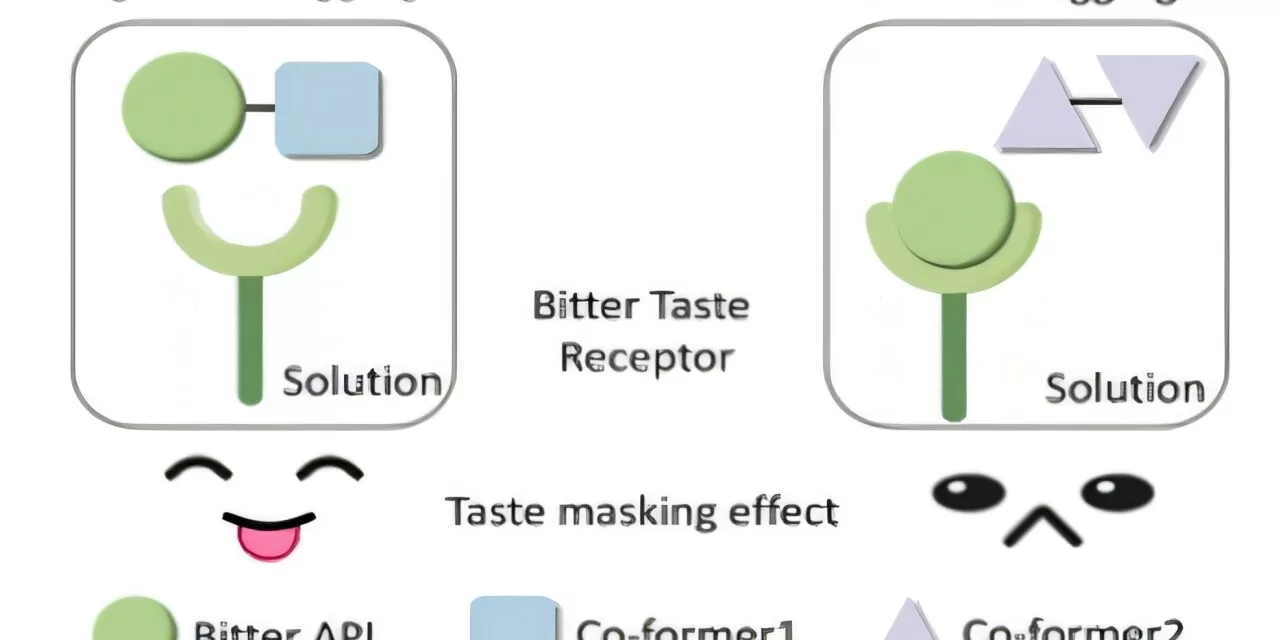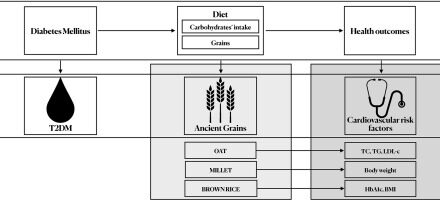December 6, 2024
Researchers are pioneering a new method to make life-saving HIV medications more palatable for children, addressing a significant barrier in pediatric care. The breakthrough could improve treatment adherence for young patients in regions where HIV remains a critical health challenge, such as sub-Saharan Africa.
In 2023, approximately 100,000 children under the age of 14 were living with HIV in sub-Saharan Africa, according to UNAIDS. While antiretroviral drugs (ARVs) are the cornerstone of HIV treatment, convincing children to take the medicine has been a longstanding challenge due to its bitter taste.
Now, a team of researchers from the University of Strathclyde in Scotland and the University of the Western Cape in South Africa has developed an innovative approach to disguise the unpleasant taste of these vital drugs. Their findings were recently published in RSC Pharmaceutics, shedding light on a novel technique for improving the palatability of pediatric medicines.
A Bitter Barrier
Typically, pediatric medications are made more palatable by adding sweeteners and flavoring agents. However, these methods are often ineffective when it comes to masking strong bitterness, and the sweet taste fades too quickly, leaving a lingering aftertaste. For children who need to take HIV medication daily for the rest of their lives, this bitterness can deter adherence to treatment, with potentially fatal consequences.
Professor Katharina Edkins, from the Strathclyde Institute of Pharmacy & Biomedical Science, explained, “Taste plays a significant role in whether pediatric and geriatric patients stick to their treatment. The preventative medication for HIV tastes awful, and given they have to take this every day, it’s vital to ensure it’s something palatable. If they don’t take it, they will develop AIDS and die.”
A New Approach: Co-Crystallization
The researchers’ breakthrough involves a technique known as co-crystallization, in which two or more molecules are combined to form a new crystalline structure. This technique alters the way the drug interacts with the taste receptors, reducing the bitterness without relying solely on sweeteners.
The key insight is that the interaction between the drug and an additional molecule (referred to as the co-former) can significantly change the taste experience. “The stronger the interaction between the drug and the co-former, the more effectively the bitterness can be masked,” explained Professor Edkins.
The team tested their method using nevirapine (NVP), a commonly prescribed antiretroviral drug. By creating five different co-crystal materials of NVP, they evaluated the effectiveness of the co-crystallization approach using an innovative electrical tasting system. The results were promising, showing that co-crystallization could significantly reduce the drug’s bitterness, making it much easier for children to take.
Implications for Future Medication Development
This research represents a shift in pharmaceutical formulation, opening up new possibilities for improving the taste of medicines for children and other sensitive patient groups. As Professor Marique Aucamp from the University of the Western Cape noted, “Typically, we would add a sweetener to improve the taste of children’s medication, but our study opened a whole new area for taste alteration of any medicine for any patient group.”
The findings have broader implications, suggesting that co-crystallization could be used to improve the taste of a wide range of medications—not just for pediatric HIV treatments, but for other medicines with similarly unpleasant flavors.
The research was published in RSC Pharmaceutics, with further details available in the study by Yichun Shen et al., titled “Exploring Co-Crystallization as a Technique for Taste-Masking of Nevirapine” (2024).
With this breakthrough, the hope is that more children will be able to adhere to their HIV treatment, ultimately improving their health outcomes and quality of life.












